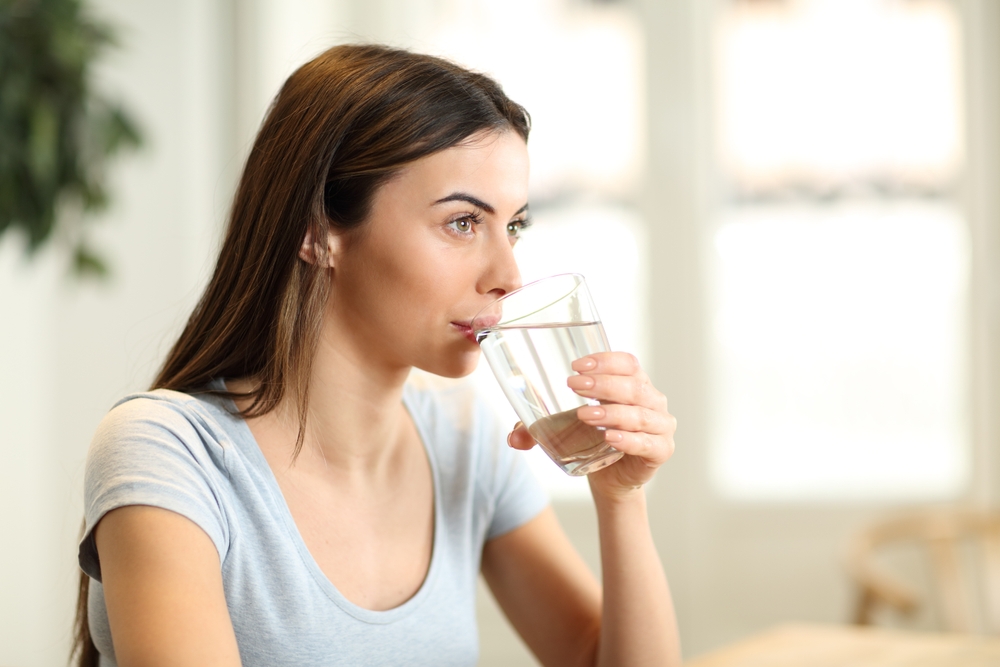

Increased Thirst and Urination – Causes, Diagnosis, and Treatment at Emirates Hospitals Group
Increased thirst (polydipsia) and frequent urination (polyuria) are common symptoms that can significantly affect daily life. These symptoms can arise from a variety of conditions, ranging from lifestyle factors to more serious underlying health issues. Persistent or excessive thirst and urination should be evaluated by a medical professional for proper diagnosis and treatment.
Causes of Increased Thirst and Urination
- Diabetes Mellitus: Both Type 1 and Type 2 diabetes can lead to elevated blood sugar levels, causing the body to pull water from tissues and resulting in increased thirst and urination.
- Diabetes Insipidus: A rare condition where the kidneys are unable to retain water, leading to excessive urination and dehydration, which in turn causes increased thirst.
- Kidney Disorders: Chronic kidney disease or other renal conditions can impair the kidney’s ability to concentrate urine, leading to frequent urination and thirst.
- Urinary Tract Infection (UTI): Infections in the urinary system can cause increased urgency and frequency of urination along with a sensation of increased thirst.
- Dehydration: When the body loses too much water due to sweating, vomiting, diarrhea, or not drinking enough fluids, thirst increases to help restore the balance.
- Medications: Certain medications, such as diuretics (water pills), can cause increased urination and thirst as a side effect.
- Electrolyte Imbalance: Imbalances in sodium, potassium, or other electrolytes can disrupt normal hydration and lead to symptoms of excessive thirst and urination.
- Hypercalcemia: High calcium levels in the blood can lead to frequent urination and dehydration, which may trigger increased thirst.
- Psychogenic Polydipsia: A rare psychological disorder where individuals excessively drink water, leading to frequent urination and an imbalanced water-to-sodium ratio.
Diagnosis of Increased Thirst and Urination
A thorough medical evaluation is essential to determine the cause of these symptoms. The process typically includes:
- Physical Examination: A complete assessment to check for signs of dehydration, infections, or other conditions that may contribute to symptoms.
- Blood Tests: To measure blood glucose levels, electrolytes, kidney function, and other biomarkers that can indicate diabetes, kidney disease, or other systemic issues.
- Urine Tests: Analyzing urine samples can help detect signs of infection, glucose levels, or other abnormal findings.
- Imaging Tests: Ultrasound, CT scans, or MRI may be used to examine the kidneys or urinary system for structural abnormalities or signs of disease.
- Fluid Deprivation Test: In cases of suspected diabetes insipidus, this test is used to monitor the body’s response to dehydration and its ability to concentrate urine.
Treatment for Increased Thirst and Urination in Dubai
Treatment depends on the underlying cause of the symptoms and may include:
- Managing Diabetes: Proper blood sugar control through diet, exercise, and medications can help reduce thirst and urination in individuals with diabetes.
- Medications for Diabetes Insipidus: Desmopressin, a synthetic hormone, may be prescribed to reduce excessive urination and thirst in those with diabetes insipidus.
- Kidney Function Support: Treatment may involve medications or dialysis for kidney disease, depending on the severity of the condition.
- Antibiotics for UTIs: If an infection is the cause, antibiotics are prescribed to treat the underlying infection.
- Hydration and Electrolyte Replacement: Restoring proper hydration levels and correcting electrolyte imbalances are essential for managing thirst and urination in cases of dehydration or hypercalcemia.
- Adjusting Medications: If diuretics or other medications are causing increased thirst and urination, a doctor may adjust the dosage or prescribe alternative medications.
Lifestyle Modifications
- Diet and Fluid Intake: Maintaining a balanced diet and drinking adequate amounts of water can help manage symptoms.
- Avoiding Excessive Salt: Reducing salt intake can be beneficial in managing conditions like hypercalcemia or kidney disorders.
If increased thirst and urination persist, it is crucial to consult a healthcare provider to investigate the cause and initiate appropriate treatment.
Related Treatments
Request an appointment
Please complete the details and we will book you shortly.
